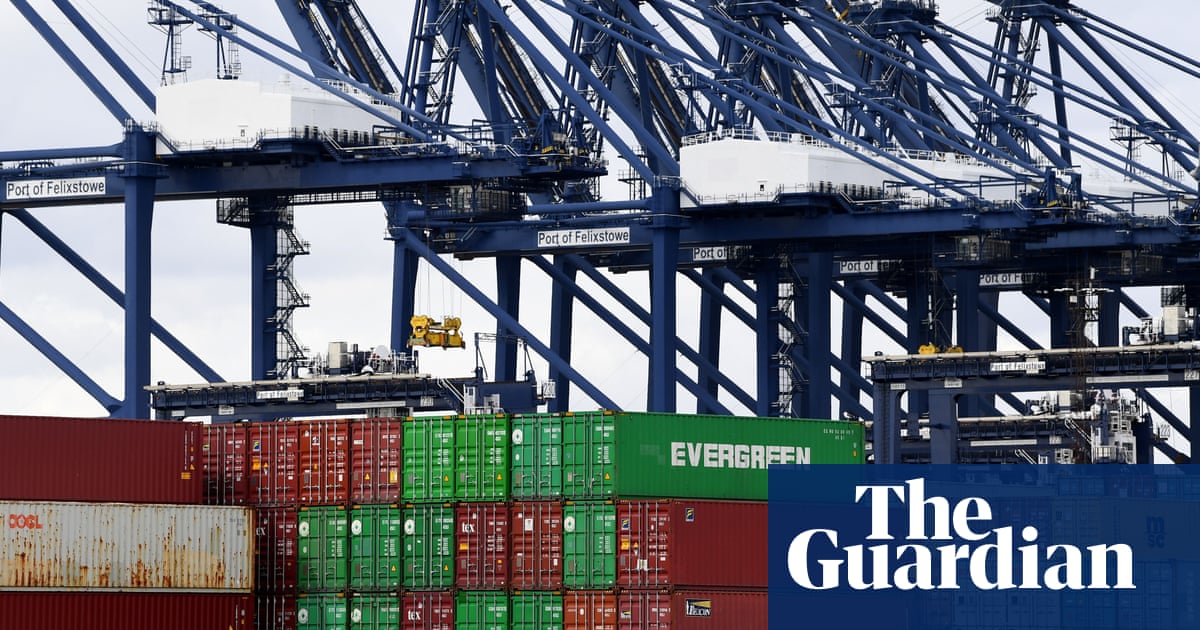
LONDON, Dec 14 (Reuters) - UK Remainers may take a crumb of comfort as Prime Minister Boris Johnson, elected on a promise to "Get Brexit Done", sees his poll support dive after a string of scandals.
But a year after Britain left the European Union, even the most ardent of pro-EU backers accept the divorce was so complete that it could take years to win back anything like the relationship with Europe they would find acceptable.
"It"ll have to come in stages, over years," said activist Steve Bray, whose one-man street protests outside the Houses of Parliament since the 2016 referendum provided the noisy backdrop to hundreds of TV broadcasts as the saga unfolded.
Barely two years ago, British Remainers could plausibly claim to have created the most proactive pro-EU grassroots movement in Europe, mobilising hundreds of thousands to join street demos and millions more to sign anti-Brexit petitions.
That was not enough to prevent a narrow 52-48% majority for Leave resulting in a "hard Brexit" that took Britain out of the customs union and single market.
But while polls show Remainers still overwhelmingly reject the logic of Brexit, the post-mortem reckoning they expected to happen this year has been drowned out by other events - chiefly the pandemic - and Britain"s turbulent domestic politics.
UK exports took a clear hit from the removal of frictionless trade last year but that has been masked by the more dramatic impact of the pandemic.
Even the initial bounce Brexit gave to public support for independence in heavily pro-Remain Scotland has faded as voters there started to question whether splitting from England would really mean a quick re-entry into the EU.
Then there is the fracturing of the Remain front itself, a fragile construct plagued by factionalism. The main opposition Labour Party - which Remainers always accused of offering lukewarm support - now says Brexit must be made to work.
While Bray said he was "totally miffed by anyone saying make Brexit work" others simply shrug and say they too have moved on.
"Labour has accepted Brexit and to be honest, I understand why. It"s happened - face reality," said Luke Sandford, 26, who in 2016 joined a London anti-Brexit group, attended marches and helped at Remain HQ before leaving for Sweden two years ago.
VOTE REFORM
Indeed, surveys show the collapse in Johnson"s ratings owes less to Brexit than to doubts over his trustworthiness and leadership, including allegations his office partied during a 2020 lockdown when festivities were banned. read more
While some analysts now bet his government cannot last until general elections slated for 2024, many on the Remain side caution against hopes this might trigger a sequence of events that could one day restore ties with Europe.
Naomi Smith, head of the Best for Britain group which this year shifted from being an anti-Brexit campaign to an advocate for "internationalist values", said the EU had made clear it would not rush to welcome Britain back.
Moreover, she argued, Johnson"s nationalist vision had now secured an electoral advantage as its other backers - notably UKIP and its Brexit Party successor - have shown in the last two elections they will stand down in some seats to ensure victory for the Conservative candidate.
"Meanwhile the left, the progressives, the Remainers, the internationalists – whatever word you want to use to describe the other end of the spectrum - are fragmented across three, four, sometimes more parties," she said.
That split is amplified by Britain"s first-past-the-post voting system, which in the 2019 election left the pro-EU Liberal Democrats and Greens with just 1.9% of parliament seats despite a combined 14.3% of the popular vote.
Not surprisingly, both the Lib Dems and Greens have long sought electoral reform that would include some version of proportional representation and would want Labour to commit to that before they entered any voting pacts.
While grassroots Labour supporters backed such a move at this year"s conference, a motion to that effect failed amid resistance from trade unions and after failing to win clear backing from the party leadership.
Unless that changes before the next general election, Smith said Best for Britain would, as in 2019, offer supporters seat-level polling data so they can vote tactically for the candidate most likely to defeat the Conservative.
Analysts say whether that has more success this time depends on variables ranging from the timing of the election, the status of the pandemic, the Conservative leadership question and, possibly, the public judgment of Brexit.
Paula Surridge, deputy director at the UK in a Changing Europe think tank, said that while 10-15% of voters on either side of the Brexit divide still saw that as key to their political identity, for others it was now intermingled with traditional left-versus-right or social class considerations.
"The electorate is much more fragmented than in these two Leave-Remain blocs," she said. "It has left a very volatile electorate that we don"t quite understand at the moment."












